
Date: 9 February 2016
The measurement was independently confirmed by Fraunhofer CSP.Thanks to the excellent low light and high temperature behavior of the organic semiconductor, the electricity generation of the newly developed cells corresponds to the output of conventional solar cells with 16 to 17% efficiency when both are under real world conditions.This new result confirms the world-leading technology position of Heliatek as demon-strated by its continuous progress from 3% to more than 13% efficiency over the last 10 years.It also supports its roadmap towards 15% efficient organic solar cells. The result further validates Heliatek’s unique tech-nology approach of using vacuum deposition of small molecules on plastic films.
Dr. Martin Pfeiffer, CTO of Heliatek, says: “We are very proud of this new world record. This success is based on our chemical research for new organic absorber materials. Key to this success is the close cooperation of our physics and chemistry R&D teams, which leads to an optimal combination of the properties of this new solar cell design.”
“I am delighted by this latest result,” adds Thibaud Le Séguillon, CEO of Heliatek. “It validates our choice to internalize our R&D, both by developing new absorber molecules and optimizing the device architecture. This will provide the baseline for efficiency in our large-volume manufacturing line. With our HeliaFilm®, we are clearly executing our strategy to provide de-carbonized, de-centralized energy generation directly on buildings all over the world.”
The world-record cell is a multi-junction cell combining three different absorbers. Each of them is dedicated to efficiently convert green-, red- or near-infrared light of the wavelength range between 450 and 950 nm into electricity. These absorber molecules have been developed and are patented by Heliatek.
The new record efficiency was measured at simulated AM 1.5 illumination and was confirmed by the Fraunhofer - Center for Silizium-Photovoltaik - CSP in Halle, a recognized center for independent verification of solar cell performance results under standard testing conditions.
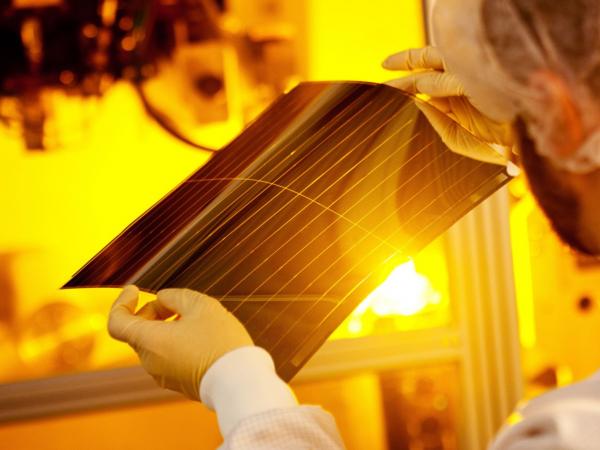 600450
600450

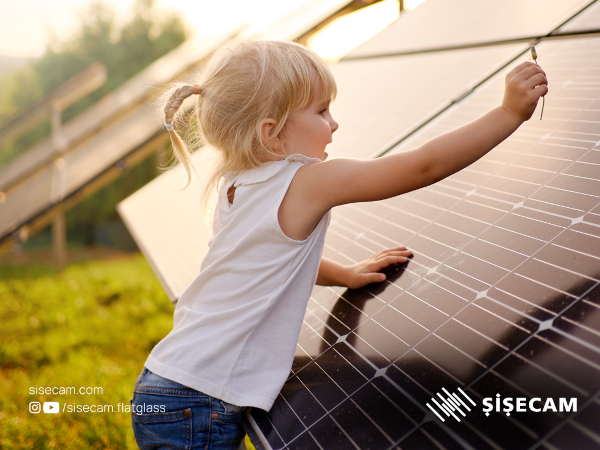

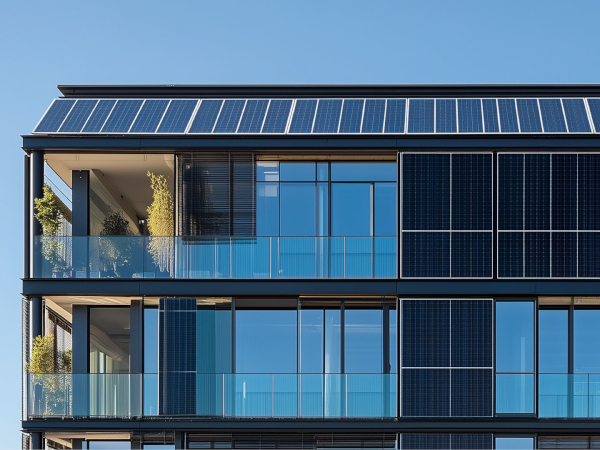









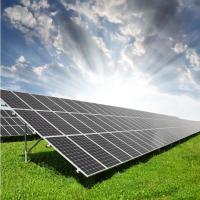
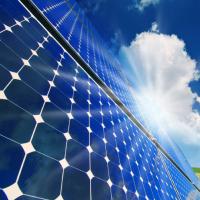
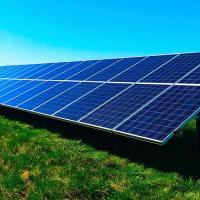

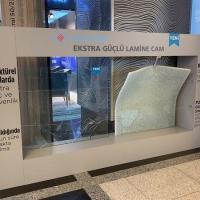
Add new comment